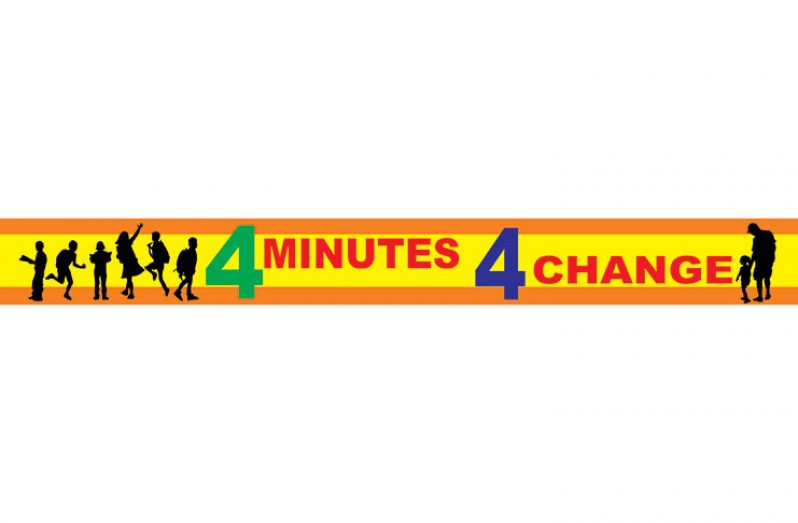CASSANDRA’S childhood had never been stable. She was one of five children born to an alcoholic mother and a father, who spent more time away from his family than with them. The parents loved their children but failed to give them the protection and guidance they needed.
Cassandra was 15 when she started going to nightclubs with older girls who encouraged her to pick up men and offer sex for money. It was a delinquent lifestyle that, although unsavoury and illicit, afforded her the food and clothes she wanted so badly. Cassandra didn’t care to acknowledge that she was breaking the law and her parents were unconcerned about her night-time activities until she was stopped and held by police while returning home in the early hours of the morning.
She was subsequently brought to the attention of the Childcare and Protection Agency ‘as a juvenile offender’ through the Probation Department, when she was placed on a charge of ‘WANDERING.’
A juvenile offender is someone below the age of 17 who is charged with an offence and therefore will stand before a magistrate in a court of law. It is not in the child’s best interest to be placed in the same vicinity as adult criminals, so while he/she is being processed or is on remand, a special place must be sought to keep the young offender safe until they go to court or a probation report can be completed.
Children who come into contact with the law usually come from a background where there is a lack of (or no) parental control, or one where the child is ‘beyond’ parental control.
Juvenile offenders tend to offend, because they ‘hang out’ with the wrong people and as a result, criminal activities ensue. One reason why criminals prey on younger children and entice them to commit crimes is because children cannot be sent to prison. Underage girls tend to get caught up in illicit sex for goods, money or just for fun. But any lifestyle that children follow while on the streets is firstly counterproductive to their health and well-being; and secondly can lead to a life of degradation, because children are vulnerable even if they appear to be in control and know what they are doing.
Wandering is an offence with which only children can be charged, it falls under the Juvenile Offenders Act: Chapter 10:03 in the Laws of Guyana.
A number of the children who ‘wander’ are children who are predisposed to delinquent behaviour. Many of them are taken in front of a magistrate for this offence. Here are some examples of ‘activities’ that fall under ‘wandering.’
* When a child leaves his/her home at night and does not return until morning and his parents have no idea where he/she goes or what he/she does.
* A child who disappears for long hours and returns with money, gifts or food.
* A child hanging around older people on the street, who may encourage the use of illicit drugs or get the child involved in criminal activity.
* Girls prostituting themselves for money or for a pimp
* Young boys who are sent to burgle homes by criminals
Some children are so entrenched in these types of negative lifestyles that they need ‘behaviour modification’: placing such a child in a regular care centre with children who are there because of abuse or due to a deficiency in their home environment is not the answer; neither is sending the child to prison.
These children need an environment where they can be exposed to ‘behaviour awareness’ and ‘discipline’ programmes, to get their lives back on track in a positive way. The juvenile justice law states that once a child is in custody, a rehabilitation process must begin. From all indications, there are current challenges and shortfalls where rehabilitation processes are concerned but, the new Juvenile Justice Act seeks to address these shortfalls.
In the new Juvenile Justice Act, the status offence of ‘wandering’ will be removed and parents will be held accountable for where their juveniles go and what they do. Parents need to fulfil their duties and realise that there will be a penalty to pay if they fail to supervise their juveniles adequately. It is their responsibility to seek help if their child is delinquent and/or out of control.
As a society, each one of us should possess an innate responsibility to protect children from exploitation and potential danger.
If you are concerned about the welfare of a child you can ring the CPA hotline 227 0979 or email chilcaregy@gmail.co
A message from the Childcare and Protection Agency, Ministry of Social Protection












